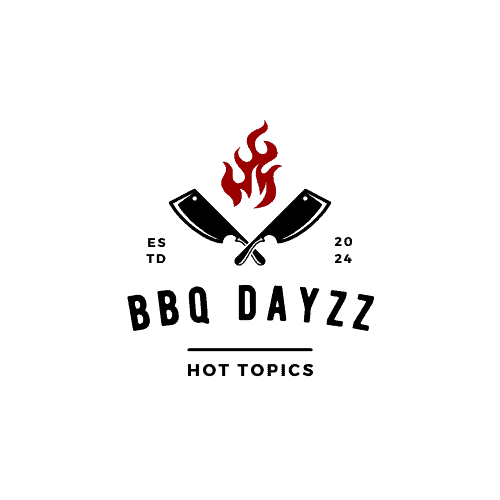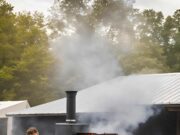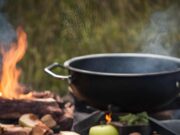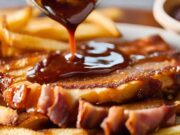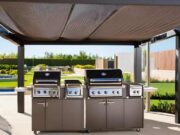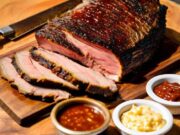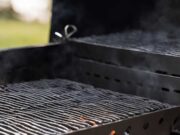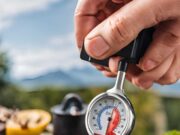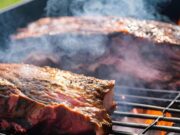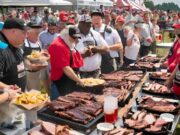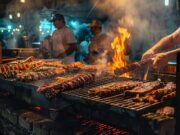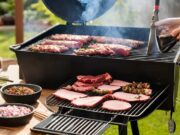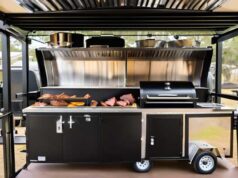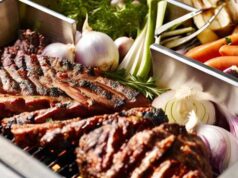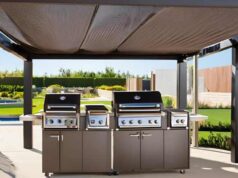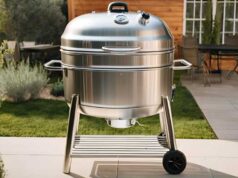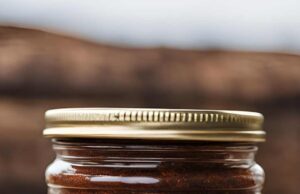Maintaining your built-in BBQ grill in optimal condition is essential for enjoying delicious, perfectly cooked meals and ensuring that your outdoor cooking space remains a point of pride.
Regular maintenance not only extends the lifespan of your grill but also enhances safety and overall performance.
Explore vital maintenance tips, seasonal checklists, and troubleshooting advice to effectively address common grill issues.
Whether you are preparing for a summer barbecue or cleaning up after a grilling season, this guide provides the comprehensive support you need.
Key Takeaways:
- Regular maintenance is crucial to keep your built-in BBQ grill in top condition. It ensures longevity, optimal performance, and safe usage.
- Routine cleaning and inspection of parts are essential maintenance tips that should be done regularly to prevent buildup and potential hazards.
- Seasonal maintenance, including preparing for the grilling season and post-season care, is important to protect your grill from weather and wear and tear.
Importance of Regular Maintenance
Regular maintenance of your grill is not merely a good practice; it is essential for ensuring safety, maintaining optimal performance, and minimizing the environmental impact of your outdoor cooking activities.
Establishing a consistent cleaning routine can effectively prevent grease buildup, which is critical for reducing fire hazards and promoting safer grilling experiences. When you prioritize this important upkeep, your grill operates more efficiently, resulting in better cooking outcomes and enhanced flavor. Improved performance also means your grill will utilize fuel more effectively, ultimately lowering harmful emissions associated with outdoor cooking. Check out some maintenance tips for keeping your built-in BBQ grill in top condition.
From an environmental standpoint, these practices foster a more sustainable grilling experience, allowing you to enjoy your favorite pastime while remaining mindful of your ecological footprint.
Essential Maintenance Tips
To maintain your grill in optimal condition, it is essential to follow several key maintenance tips. Adhering to these practices will ensure both cleanliness and performance, ultimately enhancing your outdoor cooking experiences.
Routine Cleaning Practices
Routine cleaning practices are essential for maintaining your grill. This involves regular inspections and the removal of grease, food particles, and other residues to ensure a safe and flavorful cooking environment.
To achieve optimal performance, these cleaning sessions should ideally take place after each use, complemented by a more thorough cleaning every few weeks. Utilizing high-quality tools, such as sturdy cleaning brushes specifically designed for cooking grates, will make the task easier and more effective.
Pair these with appropriate cleaning agents that effectively dissolve stubborn residues, ensuring that the grilling surface remains free from harmful buildup.
Such diligent maintenance not only extends the lifespan of your grill but also enhances the flavor of your grilled foods, providing a consistently enjoyable cooking experience while prioritizing health.
Inspecting and Replacing Parts
Inspecting and replacing parts of your grill is a critical aspect of maintenance that directly affects its performance and safety, ensuring that all components operate efficiently.
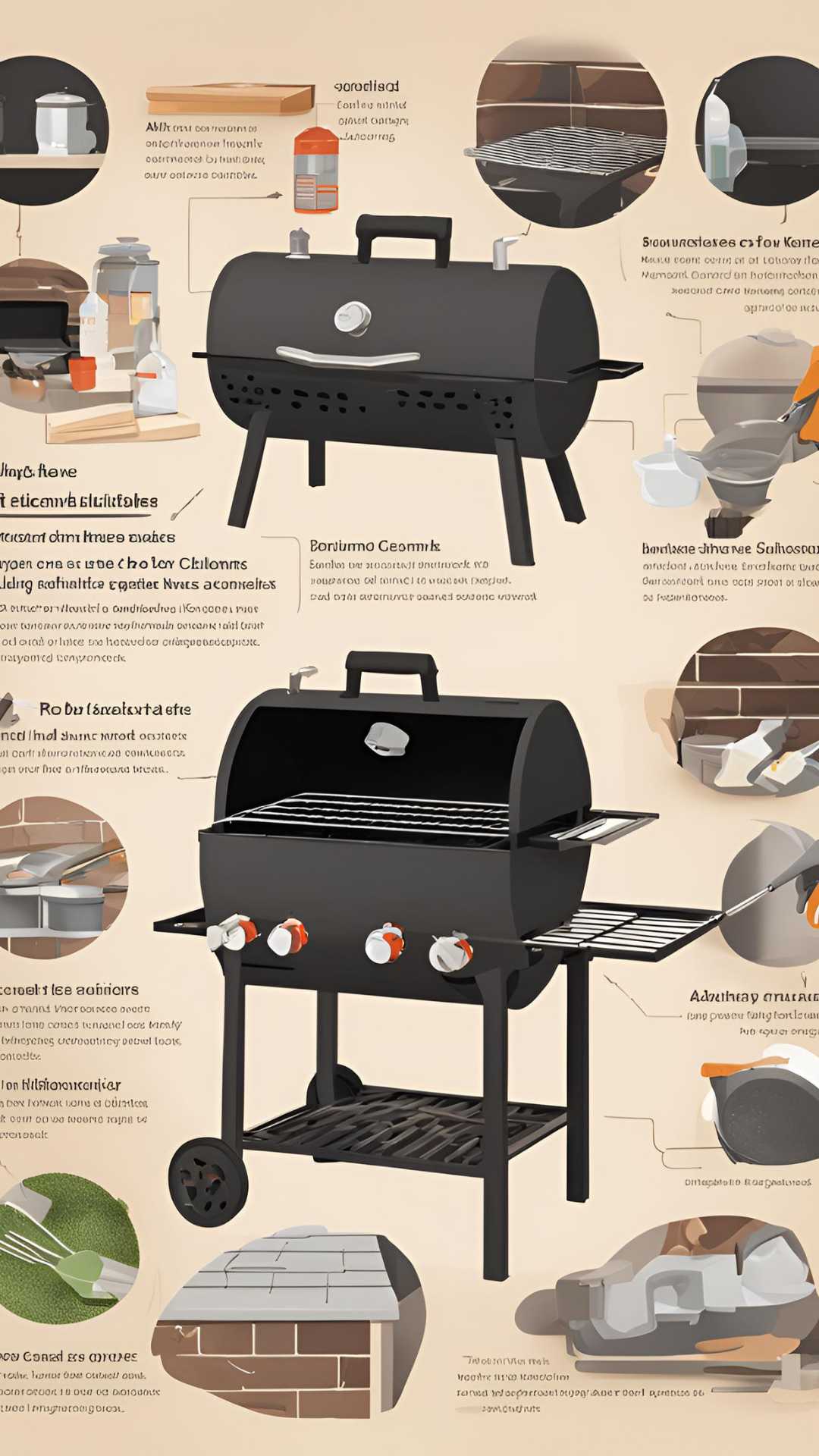
Regular checks should prioritize essential components, such as burners, which can become clogged with grease or food residue, hindering proper flame distribution. The ignition system is equally important; a malfunctioning igniter can result in unsafe lighting conditions or a complete failure to start, compromising your grilling experience.
It is advisable to replace burners if they exhibit signs of rust or uneven heating, and to inspect ignition systems at the beginning of each grilling season to ensure they ignite promptly. Neglecting these essential inspections can lead to inefficient operation, increased fuel consumption, or even dangerous flare-ups.
Seasonal Maintenance Checklist
A seasonal maintenance checklist is essential for grill owners to ensure their equipment is ready for outdoor cooking during the grilling season, while also preparing for periods of non-use.
This proactive approach helps maintain the grill’s performance and longevity, ensuring that it operates safely and efficiently when needed.
Preparing Your Grill for the Grilling Season
Preparing your grill for the grilling season requires a comprehensive cleaning and inspection process to ensure that all components are functioning correctly and ready for use. This essential routine not only enhances the performance of your grill but also promotes safety and extends its lifespan.
- Begin by disconnecting the propane tank if you are using a gas grill, and ensure it is located in a well-ventilated area.
- Remove the grates and heat shields, soaking them in a mixture of warm, soapy water to loosen any built-up grime. A thorough scrubbing with a grill brush, followed by rinsing, will help ensure optimal cooking conditions.
- Next, inspect the burner tubes for any clogs and verify that the hoses are intact, free of leaks, and that the connections are secure.
- Check the ignition system to confirm reliable lighting.
- Finally, conduct a safety check to ensure that all parts are functioning properly, setting the stage for delicious grilled meals ahead.
Post-Season Care
Post-season care for your grill is as crucial as pre-season preparation, focusing on effective cleaning and safe storage to protect your equipment during the off-season.
Taking the time to thoroughly clean your grill will prevent rust and residue build-up, ensuring that it’s ready for the next cooking season. Start by disconnecting the propane tank, if applicable, and then scrub down the grates with a brush specifically designed for grills. It is essential to clear out any grease traps to avoid unpleasant odors and deter unwanted pests.
After cleaning, covering the grill with a protective accessory, such as a grill cover, will shield it from harsh weather and debris. This simple step will help maintain its longevity and performance, allowing for a seamless transition when warmer days return.
Troubleshooting Common Grill Issues
Troubleshooting common grill issues is a critical aspect of grill maintenance that enables you to quickly identify problems with burners, heat levels, and overall performance before they lead to serious malfunctions.
Being proactive about these issues can significantly enhance your cooking experience and prolong the lifespan of your grill. For example, if you notice that the grill’s flame appears uneven or weak, this may indicate a clogged burner or insufficient gas pressure, both of which should be checked prior to cooking. Similarly, a lack of temperature consistency may signal a malfunctioning thermostat or issues with your grill’s fuel supply.
By recognizing signs of inefficiency early on, you can address these concerns promptly, ensuring that your outdoor cooking experience remains pleasurable and hassle-free. Regular inspections and maintenance checks can also help you discover minor faults before they escalate into major repairs.
Safety Measures for Grill Maintenance
Implementing safety measures during grill maintenance is essential for preventing accidents and ensuring a safe outdoor cooking environment for everyone involved.
Proper grill upkeep requires vigilance in checking the condition and connections of propane tanks, as leaks can lead to dangerous situations if not identified early. It is advisable to keep a fire extinguisher nearby for quick access in case of emergencies.
Reviewing grill hoses for cracks and ensuring that the grill is placed on a stable, flat surface away from flammable materials can significantly reduce risks. Regularly cleaning grease traps and cooking surfaces not only enhances flavor but also minimizes fire hazards, fostering a worry-free grilling experience for all.
Frequently Asked Questions
What are the benefits of keeping my built-in BBQ grill in top condition?
Maintaining your built-in BBQ grill in top condition will ensure its longevity and efficiency. It will also provide you with high-quality, flavorful meals and save you money on repairs or replacements in the long run.
How often should I clean my built-in BBQ grill?
It is recommended to clean your built-in BBQ grill after every use. This will prevent build-up of grease and grime, and make the cleaning process much easier. A deep cleaning every few months is also recommended to keep your grill in top condition.
What is the best way to clean my built-in BBQ grill?
The best way to clean your built-in BBQ grill is to use a grill brush and hot, soapy water. Scrub the grates and interior of the grill thoroughly, and rinse with clean water. For tougher stains, you can use a specialized grill cleaner or a mixture of baking soda and vinegar.
How do I prevent rust on my built-in BBQ grill?
To prevent rust on your built-in BBQ grill, it is important to keep it clean and dry. After each use, make sure to remove any excess water and moisture, and cover the grill when not in use. Regularly checking and replacing any damaged or rusted parts can also prevent further rusting.
What are some common mistakes to avoid when maintaining my built-in BBQ grill?
One common mistake is not cleaning the grill thoroughly, which can lead to build-up and make it harder to clean in the future. Another mistake is using harsh chemicals or abrasive materials when cleaning, which can damage the grill. It is also important to not neglect regular maintenance and check-ups, to catch any potential issues early on.
Can I do any maintenance on my built-in BBQ grill myself?
Yes, there are some maintenance tasks that you can do yourself, such as cleaning and checking for any visible damage. However, for more complex issues or repairs, it is recommended to seek the help of a professional to ensure the safety and proper functioning of your built-in BBQ grill.

